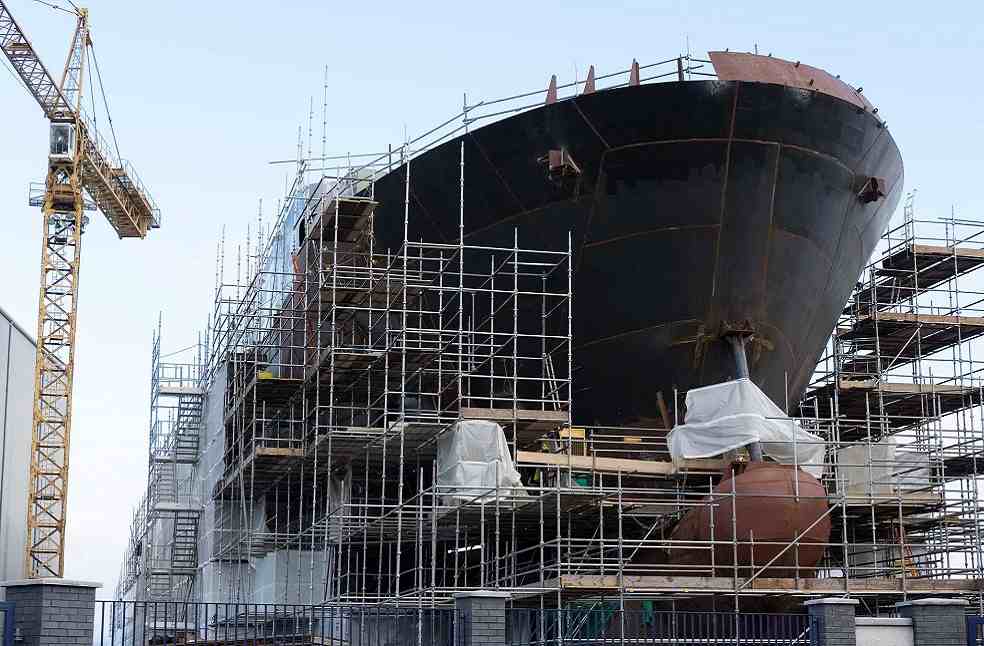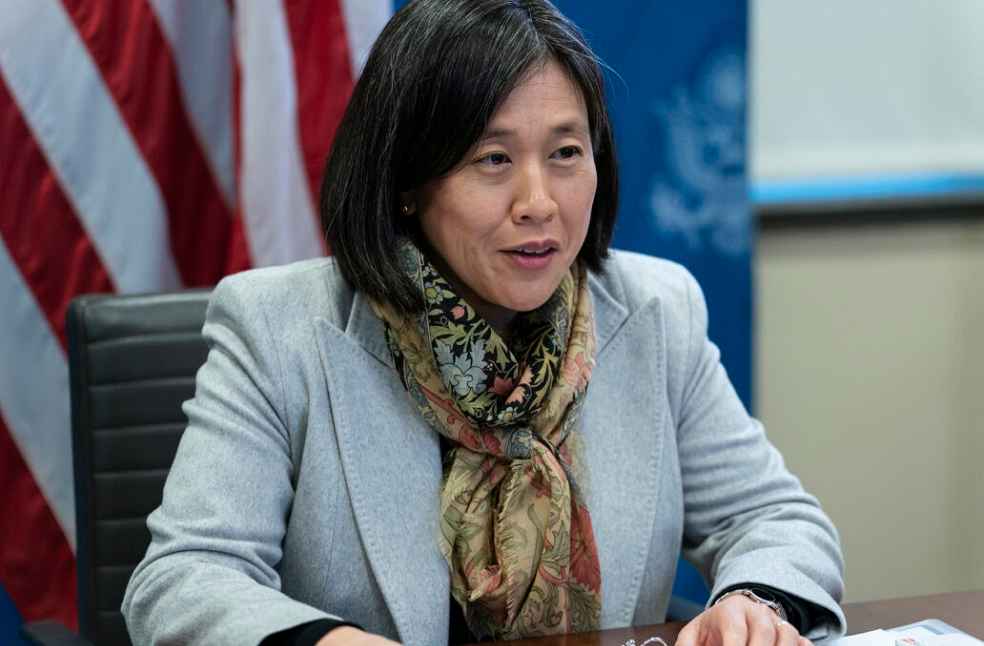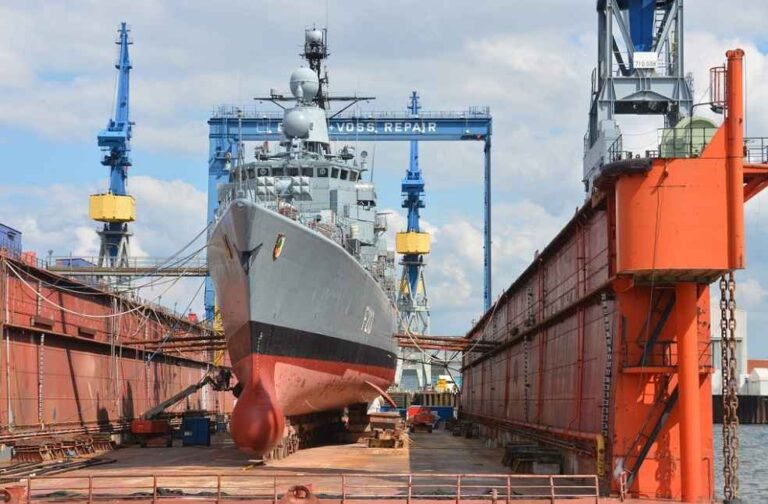Chinese officials have forcefully rejected a recent American inquiry into their shipbuilding industry, characterizing this action as unwarranted and baseless. Initiated by the Office of the U.S. Trade Representative, the probe accuses China of deploying “unfair, non-market policies and practices.”
The Ministry of Commerce of China has countered, arguing that the allegations lack substance and pointing to substantial American subsidies to its own industries, which reportedly run into the hundreds of billions of dollars.
The Chinese government insists that its industrial achievements stem from technological innovation and legitimate competitive practices within the marketplace.

The investigation, rooted in Section 301 of the Trade Act of 1974 — aimed at addressing foreign practices detrimental to U.S. commerce — has met strong disapproval from Beijing. Chinese authorities have criticized the inquiry as exacerbating previous errors and have called for the United States to respect multilateral trade agreements.
Prompted by petitions from five prominent national labor unions, this probe seeks to assess China’s influence over maritime, logistics, and shipbuilding sectors. Ambassador Katherine Tai, U.S. Trade Representative, has vowed a meticulous investigation into these claims, emphasizing concerns regarding China’s alleged manipulation of non-market strategies to dominate various industries.

As geopolitical strains escalate, the administration under President Joe Biden has responded by proposing a tripling of tariffs on Chinese steel and aluminum, aiming to counteract what it views as disruptive Chinese subsidies that result in market saturation with inferior, economically priced products.
With international stakes high, the unfolding developments from this investigation and the reciprocal actions by the United States and China are poised to significantly impact global trade relationships.
AEROSPACE AND DEFENCE | South Korea Allocates $5B Insurance to Skyrocket Global Defense Exports



